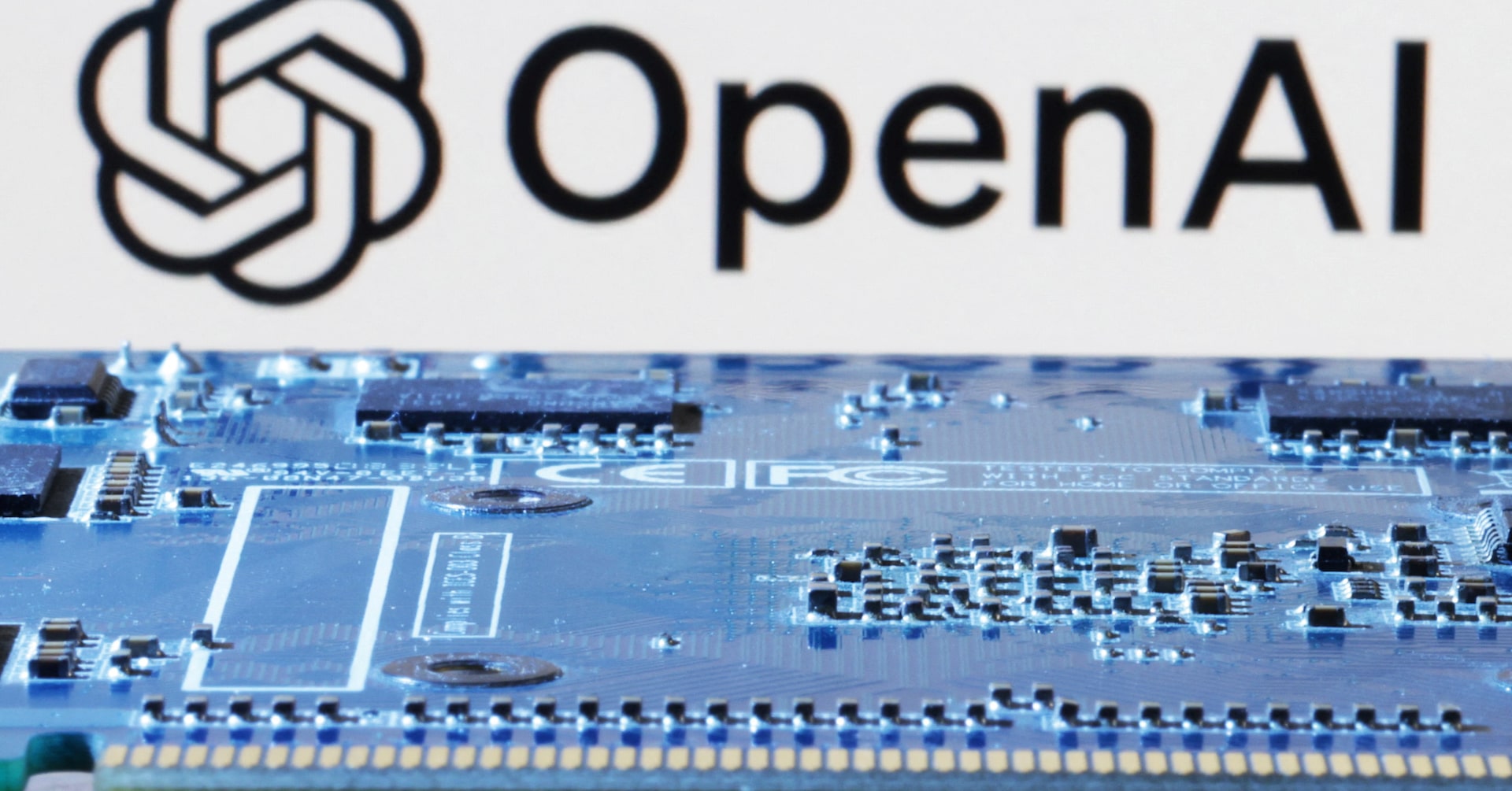
The race for AI hardware just became more strategic. According to multiple industry reports, OpenAI custom AI chips are planned in partnership with Broadcom, with initial production targeted for 2026. This Broadcom AI partnership aims to give OpenAI greater hardware independence in AI by reducing reliance on third party GPU based infrastructure and by optimizing AI accelerator hardware for the companys models.
Today most large scale AI workloads run on GPUs from a single dominant vendor. That creates supply risk and high operating costs for companies that scale quickly. Custom silicon for AI can be tuned for specific matrix math and memory patterns used in deep learning, which can improve both inference and training performance. In plain terms OpenAI custom AI chips could mean faster responses in production systems, lower compute costs, and new feature opportunities that general purpose hardware cannot deliver as efficiently.
OpenAI currently relies heavily on external GPUs which are often expensive and sometimes scarce. That reliance creates three main challenges for enterprise AI infrastructure: high operating costs, supply chain vulnerability, and limited control over hardware optimization. By pursuing Nvidia GPU alternatives in the form of custom accelerators OpenAI can better control latency, throughput and total cost of ownership for its services.
If successful this program could reshape AI economics. Industry analysis suggests properly optimized hardware can reduce running costs by 30 to 50 percent compared with off the shelf solutions. That is a potential win for enterprise AI customers who need predictable pricing and scalable compute. Key benefits to watch for include improved AI training and inference performance, lower cost per request, and the ability to deploy new capabilities that were previously limited by compute cost.
At the same time there are risks. Chip development is complex and expensive. Timelines can slip and performance can fall short of expectations. OpenAI is betting on gaining long term advantages from owning more of the stack rather than continuing to buy GPU based capacity from third party vendors.
Other major cloud and AI providers have already invested in custom processors to manage costs and performance. OpenAI joining this trend could accelerate adoption of custom silicon across the industry and encourage further investment in AI accelerator hardware. Observers should look for shifts in cloud partnerships, pricing models, and new product features that emphasize performance and efficiency.
The OpenAI and Broadcom collaboration is a clear signal that hardware optimization remains a key strategic lever in AI. OpenAI custom AI chips targeted for 2026 aim to provide Nvidia GPU alternatives that reduce operating costs and improve model performance for inference and training. For businesses using AI services this could mean faster, cheaper, and more capable tools over time as hardware independence grows and AI chip innovation in 2026 and beyond unfolds.
Key phrases included for SEO: OpenAI custom AI chips, Broadcom AI partnership, Nvidia GPU alternatives, custom silicon for AI, AI accelerator hardware, reducing AI hardware costs, AI training and inference performance, enterprise AI infrastructure, hardware independence in AI, AI chip innovation 2026.



